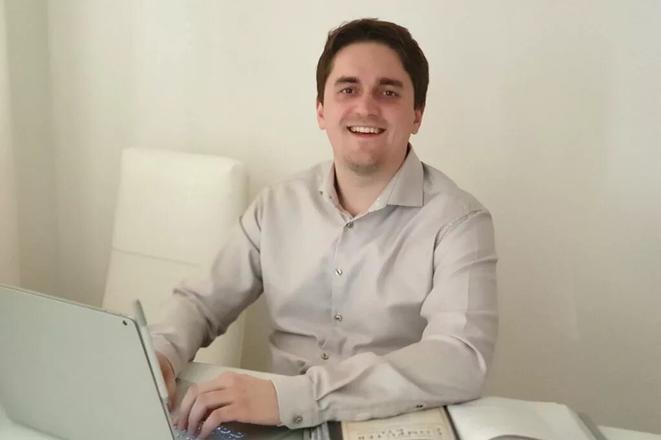Martin Spano is the author of Artificial Intelligence in a Nutshell, a book that explores the mystified subject of artificial intelligence (AI) with simple, non-technical language. Spano’s passion for AI began after he watched 2001: A Space Odyssey, but he insists this ever-changing technology is not just the subject of sci-fi novels and movies; artificial intelligence is present in our everyday lives.

What first comes to your mind when you hear the term artificial intelligence? Terminator, Wall-E, Ava from Ex Machina, or Samantha from Her? Yes, these are examples of artificial intelligence, but they are hypothetical, and it is not certain that we will be able to construct machines like this in the future. They are examples of artificial intelligence at the human level, and that is why we call it general artificial intelligence. But let's deal with the artificial intelligence we already have today because this intelligence can handle activity from only one area. Although it is often more efficient than man, we call it weak (narrow or specialised) artificial intelligence.
You may be asking yourself: Artificial intelligence is talked about everywhere, but how does it benefit me? Will it help me in business? Or at least in my private life? The answer to both questions is "yes".

Just think about your normal day. When you check your emails, you usually see the ones that are important because the spam has been filtered out by artificial intelligence. When you browse the news on social networks, artificial intelligence creates your front page. When you travel by car, whether for business or pleasure, artificial intelligence will suggest the optimal route to your destination. When you look for information in a search engine to make it as relevant as possible to you, artificial intelligence is used. When shopping online, artificial intelligence recommends products. When you relax by listening to music or watching a video, artificial intelligence recommends them again. Artificial intelligence is everywhere around us without us realizing it, whether it's an intelligent spam filter, a referral mechanism, a virtual assistant like Siri, Google Assistant, Cortana and Amazon Alexa or an autonomous car.
We have listed examples of artificial intelligence, but what exactly is artificial intelligence? Simply put, artificial intelligence means using computers for activities that usually require human intelligence. It is software or a computer programme with the ability to learn. It uses learned knowledge to make decisions in new situations, thus showing signs of intelligence. But since this intelligence does not come from man, it is called artificial intelligence.

Artificial intelligence as a scientific field has existed for over sixty years. Nevertheless, it is only in the last decade that we have made significant progress, thanks to which it is currently being talked about on a daily basis. For this reason, I decided to write a series of blog posts for you to bring this topic as close as possible to you and at the same time prove that you do not have to worry about it at all; on the contrary, you can benefit from it, both in business and in your private life.

 Martin Spano (source: Instagram)
Martin Spano (source: Instagram)